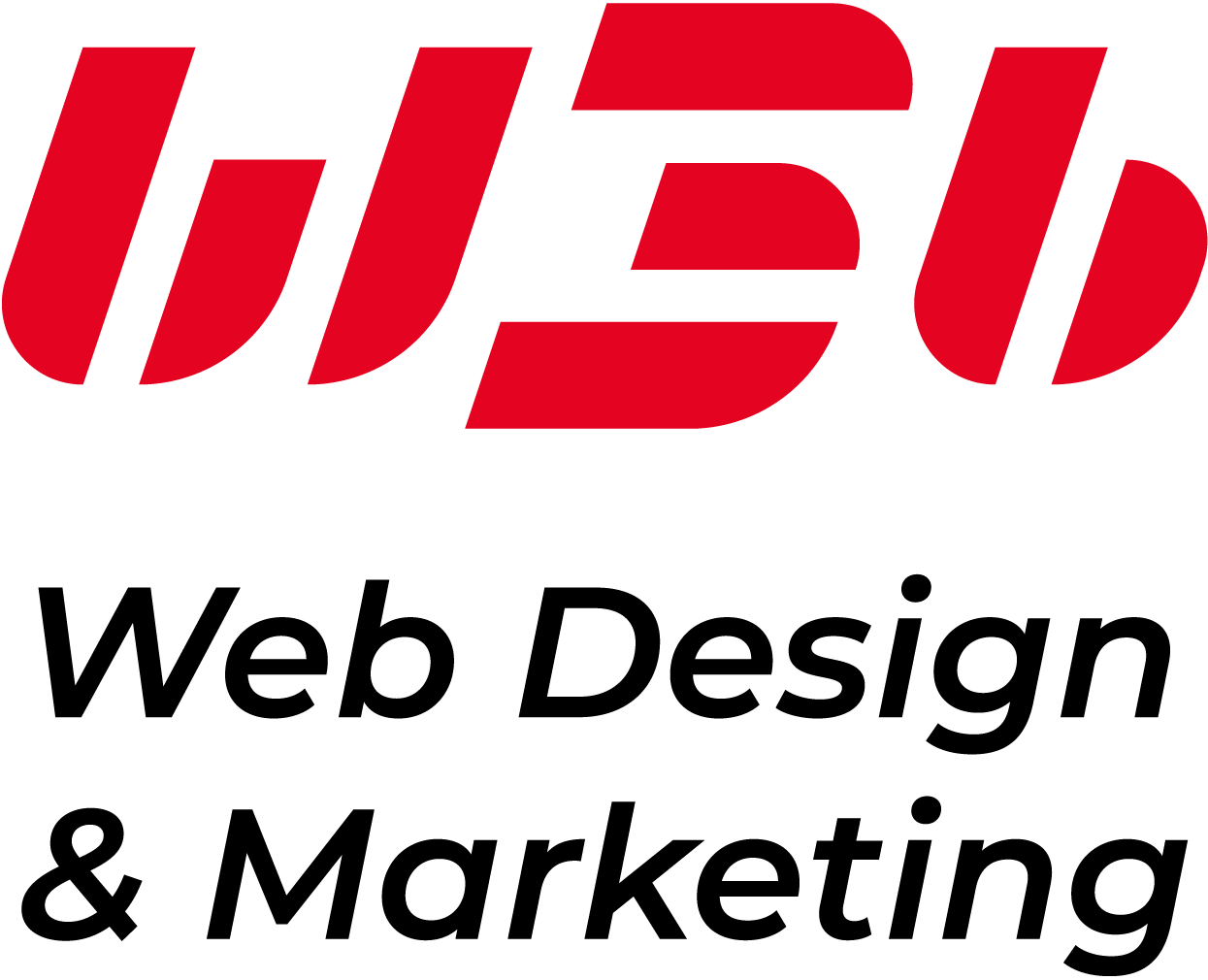The search landscape is undergoing a dramatic transformation as we move into 2025. While many marketers focus solely on traditional search engines, the reality is far more complex and diverse. Recent studies reveal that traditional search engines only account for about 18.8% of all daily searches, with users increasingly turning to multiple platforms to find information.
Understanding Modern Search Behavior
Today’s users conduct approximately 45.1 billion searches daily across various platforms. What’s particularly interesting is that traditional search engines handle only about one in five searches, while platforms like e-commerce sites, social media, and AI chatbots process the remaining 80%. For instance, e-commerce platforms see around 3.5 billion searches daily, while social media platforms experience upwards of 6.5 billion searches.
The Multi-Platform Approach
Modern consumers typically use over six different platforms monthly for their search needs. This multi-platform behavior reflects a fundamental shift in how people discover and research products or services. For example, a typical buyer’s journey might involve:
- Taking a photo of a product using visual search
- Researching reviews on social media
- Signing up for newsletters
- Reading user experiences on community forums
- Visiting physical stores
- Finally completing the purchase online
SEO Investment and Returns
Despite the changing landscape, SEO remains a valuable investment. Data shows that while established websites see relatively quick returns on SEO investments, new websites (less than three years old) also achieve significant results, albeit over a longer timeframe.
Key Trends Shaping Search in 2025
Visual Search Evolution
Visual search is experiencing remarkable growth, with usage increasing by approximately 17.4% over recent years. This technology allows users to search using images rather than text, fundamentally changing how people discover products and information.
Voice and Conversational Search
The younger generation is increasingly adopting voice search as their primary search method, having learned to search by voice before typing. This shift is driving the need for more conversational content optimization.
Local Search Importance
Local search optimization remains crucial, with businesses losing an estimated $54 billion annually by neglecting local SEO. Companies with higher local visibility consistently show stronger revenue growth.
Content Strategy for 2025
- Quality Over Quantity
The focus has shifted from producing large volumes of content to creating highly relevant, unique material that serves specific user needs. The average human attention span has decreased by 25% between 2000 and 2015, making concise, valuable content more important than ever. - Content Maintenance
Studies show that updating existing content often yields better results than creating new content. The most successful marketers focus 80% of their efforts on their top 20% performing content. - Trend Monitoring
About 15% of daily searches are completely new queries that have never been searched before. This creates opportunities for marketers who can identify and capitalize on emerging trends before they become mainstream.
Best Practices for 2025 SEO
- Multi-Platform Optimization
Ensure your content is optimized for various search platforms, including traditional search engines, social media, and AI chatbots. - User Experience Focus
Create content that addresses user intent while maintaining excellent technical fundamentals like site speed and mobile optimization. - Brand Building
Brand recognition plays an increasingly important role in search success, with over 30% of search queries being brand-related. - Structured Data Implementation
Implement proper schema markup to help search engines better understand your content and improve visibility across different search formats.
The Future of Search
As we progress through 2025, success in search will depend on adapting to these evolving trends while maintaining focus on fundamental SEO principles. The key lies in balancing traditional SEO practices with emerging technologies and user behaviors, all while keeping the user experience at the forefront of strategy development.
This evolution in search behavior represents not just a challenge but an opportunity for businesses to connect with their audience in more meaningful ways across multiple platforms and touchpoints.

